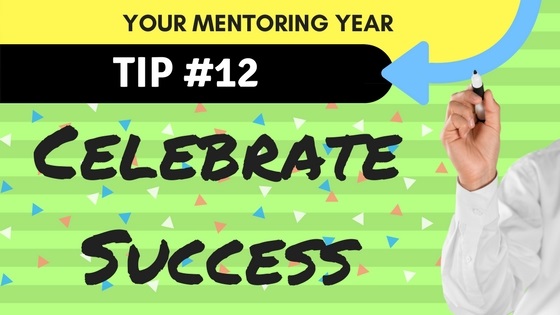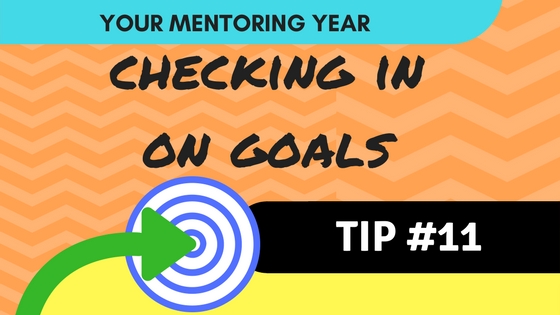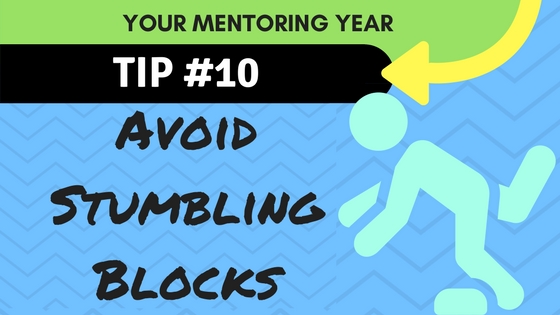by Center for Mentoring Excellence | Mar 19, 2018 | Advice for Leaders, Alignment, Assumption Hunting, Checking Out Assumptions, Facilitating Learning, Goal Setting Conversation, Group Mentoring, Growth and Development, Making Mentoring Work For You, Mentoring Communication, Mentoring Questions, Mentoring Relationships, Mentoring Training, Supporting Mentors and Mentees

Celebrate Success!
How long has it been since you’ve taken a look at the progress you’ve made? As a mentor? As a mentee? In your business? In your personal growth?
We encourage you to take time each quarter with your mentoring partner to celebrate your achievements. What are the demonstrable improvements in outlook, behavior, performance and work satisfaction since your mentoring relationship began? Get specific and outcome-focused. We can’t fully appreciate where we are until we’ve celebrated how far we have come.
by Center for Mentoring Excellence | Mar 5, 2018 | Advice for Leaders, Alignment, Assumption Hunting, Checking Out Assumptions, Facilitating Learning, Goal Setting Conversation, Group Mentoring, Growth and Development, Making Mentoring Work For You, Mentoring Communication, Mentoring Questions, Mentoring Relationships, Mentoring Training, Supporting Mentors and Mentees

Checking in on Goals
How will you know whether or not you’re achieving your goals?
When you get results? Yes. Sometimes that’s the case.
More often the knowing and the awareness of where you are at with your goals lies in the simple, and powerful, action of checking in. You can do this on your own, with a friend, cohort or mastermind and/or with a mentor.
The real work of refreshing your memory and looking at your goals, framing them in your vision, is actually so simple that many overlook it. You won’t when you actively follow this tip.
by Center for Mentoring Excellence | Jan 25, 2018 | Advice for Leaders, Assumption Hunting, Checking Out Assumptions, Facilitating Learning, Goal Setting Conversation, Group Mentoring, Growth and Development, Making Mentoring Work For You, Mentoring Communication, Mentoring Questions, Mentoring Relationships, Mentoring Training, Supporting Mentors and Mentees

One of the biggest stumbling blocks for mentoring pairs is staying on track over the course of the year.
To make sure you avoid this potential trap, make sure you determine how to manage your mentoring time:
How often and how long will you meet?
How will you handle and reschedule cancelled meetings? Consider using an agenda, preparation, and journal as vehicles for maximizing learning. Your schedule holds and organizes your most valuable asset – your time.
For new mentor/mentee relationships, the development of an agreed-upon framework will not only set expectations, but also support focused meeting times so you both get the most out of your time together.
For more experienced pairs, referring back to the framework (or creating a new one) is a great way to a mentoring relationship back on track.
Ready for more? Review the Mentor’s Guide: Facilitating Effective Learning Relationships for more support, insight and tools.
by Center for Mentoring Excellence | Sep 8, 2011 | Assumption Hunting
Remember the circus act where atop the giant elephant is a little guy with a switch? (more…)





